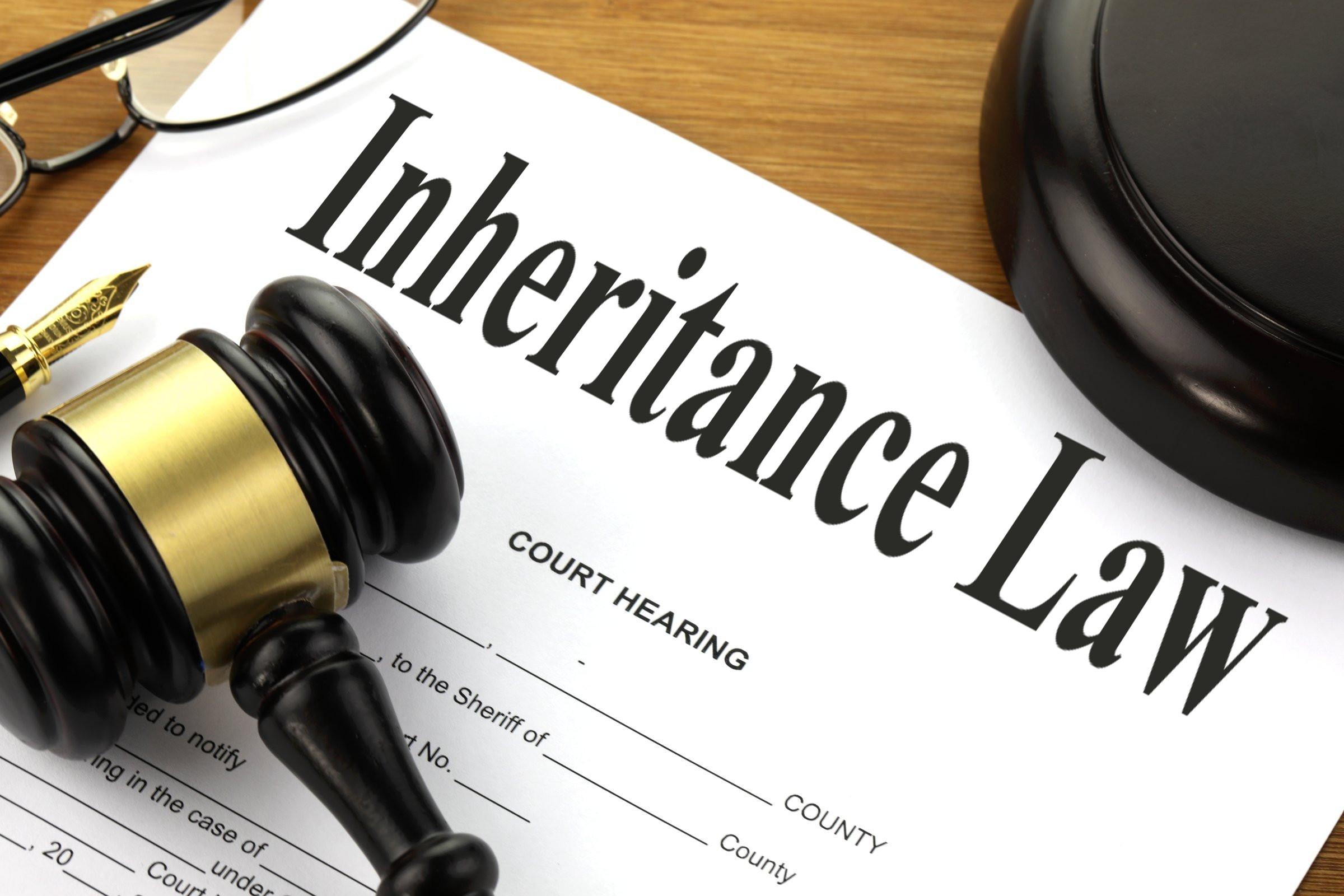In the intricate landscape of estate planning, the absence of a will can pose significant challenges when it comes to the distribution of assets. In the bustling metropolis of New York City, where complexities abound, understanding the laws governing intestate succession is crucial for individuals seeking clarity on who inherits in the absence of a will. In this article, we will delve into the intricacies of intestacy laws in the state of New York, shedding light on the process by which assets are distributed in the absence of a testamentary document. Join us as we navigate the intricate maze of inheritance laws in the Empire State, providing insights and guidance to those grappling with the complexities of intestate succession.
– Intestate Succession Laws in New York: Understanding the Rules of Inheritance Without a Will
In New York, when a person passes away without a will, their estate is subject to the state’s intestate succession laws. These laws dictate who will inherit the deceased person’s assets and property. Understanding these rules of inheritance is crucial to ensure that the deceased person’s wishes are honored and their estate is distributed appropriately.
Under New York’s intestate succession laws, the deceased person’s assets will be distributed to their closest living relatives. This typically includes spouses, children, parents, siblings, and more distant relatives. If there are no living relatives, the assets may go to the state. It’s important to consult with an experienced estate planning attorney to navigate the complexities of intestate succession and ensure that the deceased person’s estate is handled according to the law.

– Determining Heirs in New York State: Navigating the Complexities of Intestate Distribution
In the absence of a will in New York State, the distribution of assets can be a complex and confusing process. In such cases, the state’s laws on intestate succession come into play, determining who will inherit the deceased individual’s property. It’s essential to understand the rules governing intestate distribution to navigate this process effectively.
According to New York State law, if there is no will in place, the deceased person’s estate will be distributed to their heirs based on a specific hierarchy. The first to inherit are the surviving spouse and children, followed by parents, siblings, and more distant relatives. It’s crucial to consult with a knowledgeable attorney who can guide you through this intricate process and ensure that the assets are distributed in accordance with the law.

– Protecting Your Estate: Recommendations for Avoiding Intestacy by Creating a Comprehensive Will in New York
If someone passes away without a will in New York, their estate will be subject to intestacy laws. This means that the state will determine how the deceased person’s assets are distributed. In New York, the laws prioritize immediate family members when there is no will in place.
According to New York intestacy laws, if someone dies without a will, their estate will typically be distributed in the following order:
- Spouse
- Children
- Parents
- Siblings
- Grandparents
- Aunts and uncles
It is crucial to have a comprehensive will in place to ensure that your wishes are carried out and to prevent the state from deciding how your assets are distributed. Contact Morgan Legal Group today to create a will that protects your estate and gives you peace of mind.
– Seeking Legal Guidance: The Importance of Consulting a Skilled Estate Planning Attorney in New York City
When someone passes away without a will in New York, state laws known as intestacy laws will determine who inherits the deceased person’s assets. These laws prioritize certain family members based on their relationship to the deceased individual. It is crucial to understand how intestacy laws work in New York and how they can impact the distribution of an estate.
Consulting a skilled estate planning attorney in New York City is essential to navigate the complexities of intestacy laws and ensure that your loved one’s assets are distributed according to their wishes. An attorney can provide valuable legal guidance on estate planning strategies, drafting a will, creating trusts, and other important aspects of estate planning to protect your assets and secure your legacy for future generations.
Q&A
Q: What happens if someone dies without a will in New York?
A: When a person passes away without a will in New York, their assets will be distributed according to the state’s laws of intestacy.
Q: Who typically inherits in this situation?
A: In New York, if the deceased is survived by a spouse and children, the assets will be divided among them. If there is no spouse or children, other relatives such as parents, siblings, or more distant relatives may inherit.
Q: Can a non-relative inherit in the absence of a will?
A: In the absence of a will or eligible relatives, the assets of the deceased may escheat to the state of New York.
Q: How does the court determine how to distribute assets without a will?
A: The court follows specific guidelines outlined in the laws of intestacy, which specify how assets should be distributed based on the relationship of the surviving relatives to the deceased.
Q: Can the process of distributing assets without a will be challenged?
A: In some cases, interested parties may contest the distribution of assets without a will. It is recommended to seek legal advice if there are concerns about the allocation of assets.
In Conclusion
In conclusion, understanding the laws of intestacy in New York is crucial in ensuring that your assets are distributed according to your wishes. In the absence of a will, the state’s laws will step in to determine who inherits your estate. By taking the time to create a will, you can ensure that your loved ones are provided for and that your wishes are honored. Remember, it’s never too early to start planning for the future and safeguarding your legacy.

